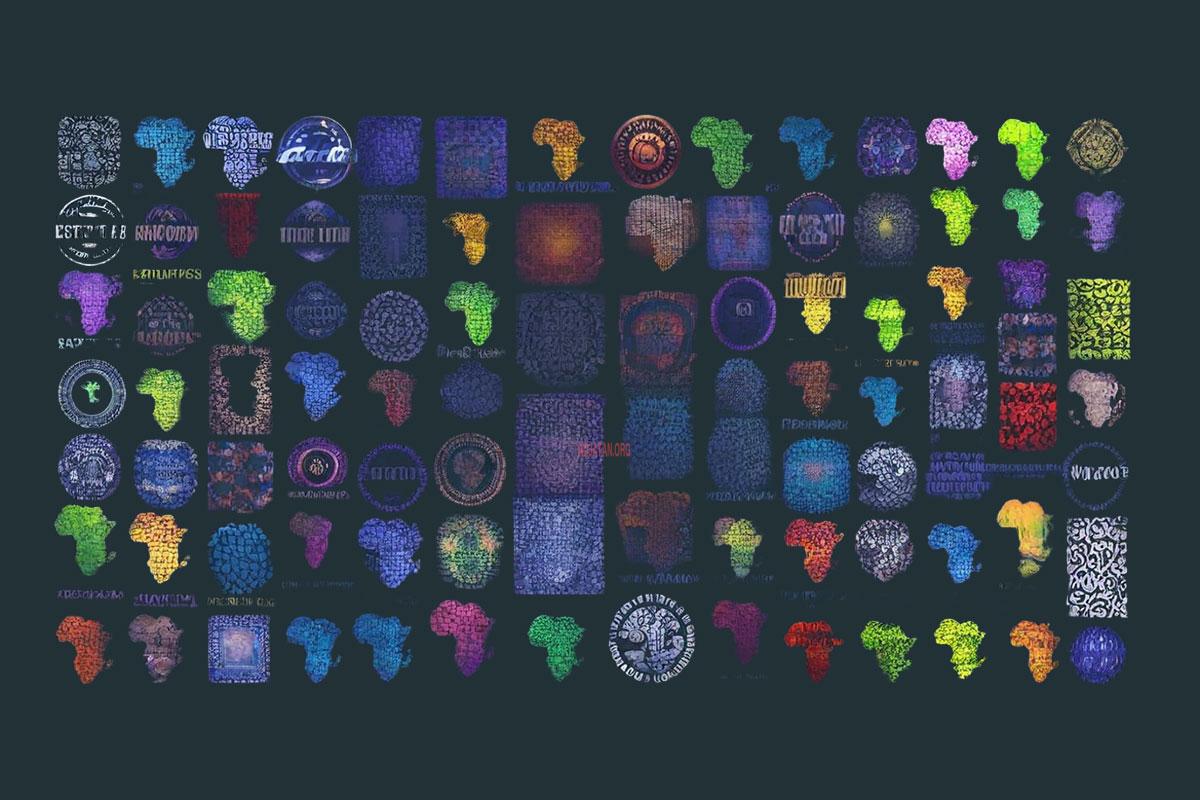
Prologue: the perilous art of multitasking
Last Thursday, amid the urban choreography that characterizes our contemporary existences, I made my way to the relay point of a major multi-vendor e-commerce giant located in a district of Abidjan, Côte d'Ivoire. This modern sanctuary where the material desires of our consumerist epoch converge—an outpost of digital commerce, modest in its architecture yet grandiose in its function as a crossroads where virtual orders materialize—harbored that day a spectacle that would nourish my reflections for days to come.
The agent, a young man with assured gestures despite his tender age, orchestrated with remarkable dexterity a complex ballet: his expert hands sorted packages while his eyes remained captivated by the luminescent screen of an iPhone 6, a technological veteran tethered to the mains by an electrical umbilical cord. The device, like a modern oracle, broadcast the vicissitudes of a football match commented in a Slavic language—probably Bulgarian or Serbian—whose guttural sonorities resonated at full volume in the confined space.
This linguistic cacophony seemed in no way to disturb the young man, confirming that universal truth whereby football enthusiasts transcend idiomatic barriers through pure passion for the spectacle. His multitasking proved stupefying: he referenced, classified, collected payment—navigating between hard currency and the Wave application with the fluidity of a conductor directing a digital symphony—all while remaining immersed in the footballing universe.
The story might have ended there, a simple anecdote of our hyperconnected modernity, had fate not orchestrated my return to these premises.
Second act: the metamorphosis of content
That day brought the same setting, same protagonist, same faithful iPhone 6 at its post, but the virtual universe had mutated. Football had yielded to those strange contemporary phenomena that are live broadcasts by influencers—these new masters of digital discourse who, from the platforms of Facebook, TikTok, Vivastream, or other sanctuaries of captive attention, entertain their audiences on subjects whose relevance entirely escaped me. These individuals—perhaps endowed with intelligence superior to my own, who knows?—seemed to possess that mysterious gift of transforming the banal into addictive spectacle. Yet humility commands recognizing that my hasty judgments are often erroneous.
The volume remained mercilessly elevated, and our young virtuoso continued his multitasking performance with the same mastery. However, a flaw crept into the usual protocol: contrary to established custom in these temples of delocalized commerce, he omitted to invite me to verify my acquisitions. Transaction expedited, I returned to my quarters.
It was there that reality caught up with negligence: one of the articles bore an erroneous color, the other revealed prohibitive defects. Without delay, I initiated the return procedure on the platform's portal and retraced my steps to the relay point.
Third act: the collapse of the edifice
To my great astonishment, the scene had radically changed. No more match, no more streaming, but a face marked by anxiety and feverish hands frantically manipulating the device to dial incessantly a number that remained unanswered.
The explanation was not long in coming: "I inadvertently gave 5000 francs to a lady and realized it when doing my daily accounting. Since then, I've been calling her, she won't answer."
Of course she wouldn't answer! This revelation plunged me into an abyss of moral reflections. Did this young man, approximately my son's age, deserve my financial compassion? A 5000-franc note on the counter would have resolved his immediate dilemma. Yet my two previous visits resonated like so many ignored warnings.
Epilogue: the lessons of the universe
Of universal reciprocity
This misadventure illustrates with striking clarity that immutable law governing human relations: we invariably reap the fruits of our own sowings. The attitude we adopt toward others determines, like a mechanism of moral causality, the nature of the help we shall receive in return. This young man, through his repeated negligence, had unconsciously programmed his own misfortune.
For the universe, in its infinite wisdom, operates according to mechanisms of immanent justice: our actions, even the most trivial, weave the fabric of our future destiny. The attention we pay to our professional duties, the consideration we show our fellow beings, the rigor with which we accomplish our tasks—all this composes a moral capital that fructifies or diminishes according to our daily choices.
Of the ethics of appropriation
As for that mysterious lady who vanishes into thin air with her ill-gotten 5000 francs, she embodies that moral decay where the ephemeral pleasure of illicit appropriation eclipses the empathy we should naturally feel toward the one who suffers the loss. Her telephonic silence reveals a soul where cupidity has stifled compassion, where opportunism has supplanted integrity.
This attitude betrays a tragic spiritual myopia: she privileges immediate and derisory gain to the detriment of her own moral equilibrium. For whoever enriches themselves dishonestly inexorably impoverishes themselves ethically, mortgaging their relational future and inner peace.
Of the pedagogy of suffering
For my part, this situation taught me a subtle truth about the art of compassion. Sympathizing with others' pains certainly constitutes a fundamental moral duty, but this empathy must not blind us to the sometimes superior necessity of helping our fellow beings draw lessons from their errors.
Offering that 5000-franc note would have been a charitable gesture on the surface, but profoundly deleterious in its pedagogical consequences. For by sparing this young man the consequences of his negligence, I would have contributed to perpetuating his carelessness, depriving his soul of a salutary lesson.
True benevolence sometimes consists in letting reality exercise its educational magistracy, allowing each person to measure the weight of their acts and access authentic maturity. Therein lies the entire difference between superficial compassion, which momentarily relieves without transforming, and profound wisdom, which accepts present pain to prevent future sufferings.
Thus emerges this paradoxical truth: to truly love someone sometimes means accepting to see them suffer today so they may flourish tomorrow. For the universe, in its pitiless yet just pedagogy, teaches us the value of attention and responsibility only through the trial of their consequences.





